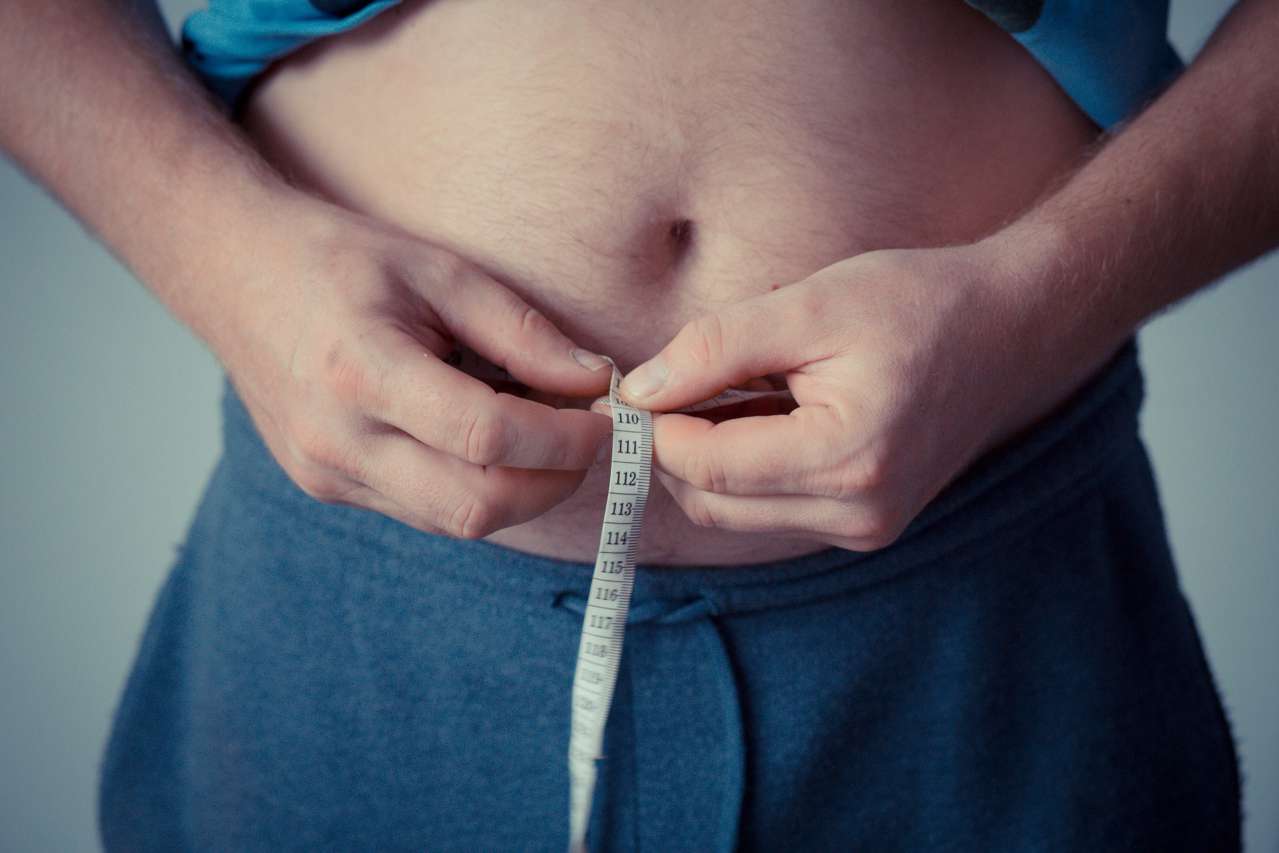A person with an eating disorder may become obsessed with losing weight, checking their weight or body shape, and controlling their eating habits.
How do people with eating disorders behave
With eating disorder, a person overeats, either severely restricts himself in food, or experiences emotional discomfort due to his own eating habits.
Such disorders include anorexia, bulimia, psychogenic and other disorders.
According to modern statistics, more than 1% of the world's population suffers from eating disorder.
Who is susceptible to eating disorders
RPP is more often diagnosed in women, but this does not mean that women are more susceptible to this condition than men.

It’s just that women turn to specialists for help more often than men, which is why they are included in statistics more often.
In addition, eating disorder can develop in children and the elderly.
Signs of eating disorder
Overeating, obsessive hunger, problems with satiety.
Uncontrollable anxious thoughts about dieting, counting and burning calories.
Desire to eat alone and hide food. Embarrassment to tell how much and how you actually eat.
Inducing vomiting, taking laxatives and diuretics to reduce weight.
Distorted self-perception: the body seems fat, although the weight is within the normal range or even lower.
Complete refusal to eat or unhealthy reduction in portions.
Overeating, obsessive hunger, problems with satiety.









